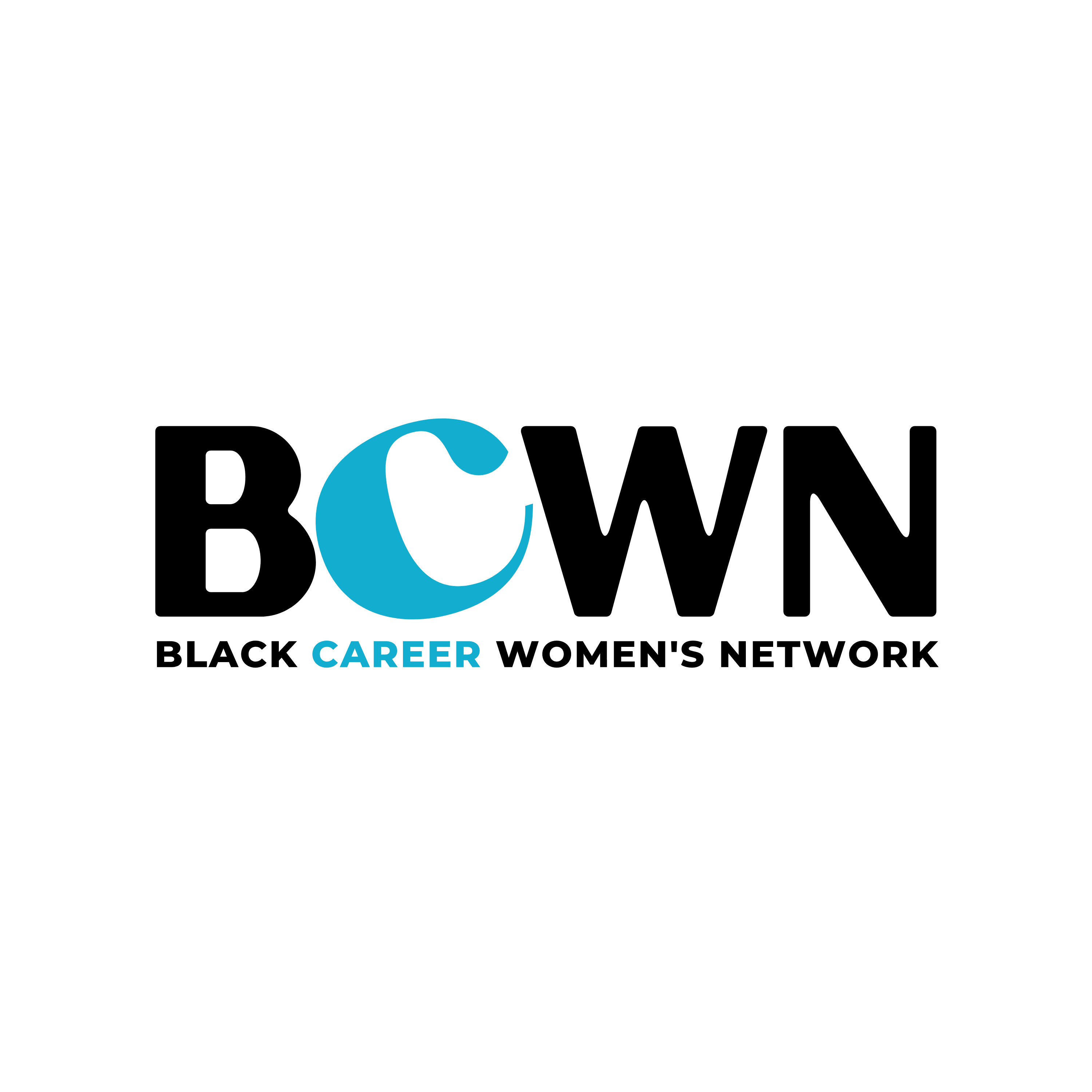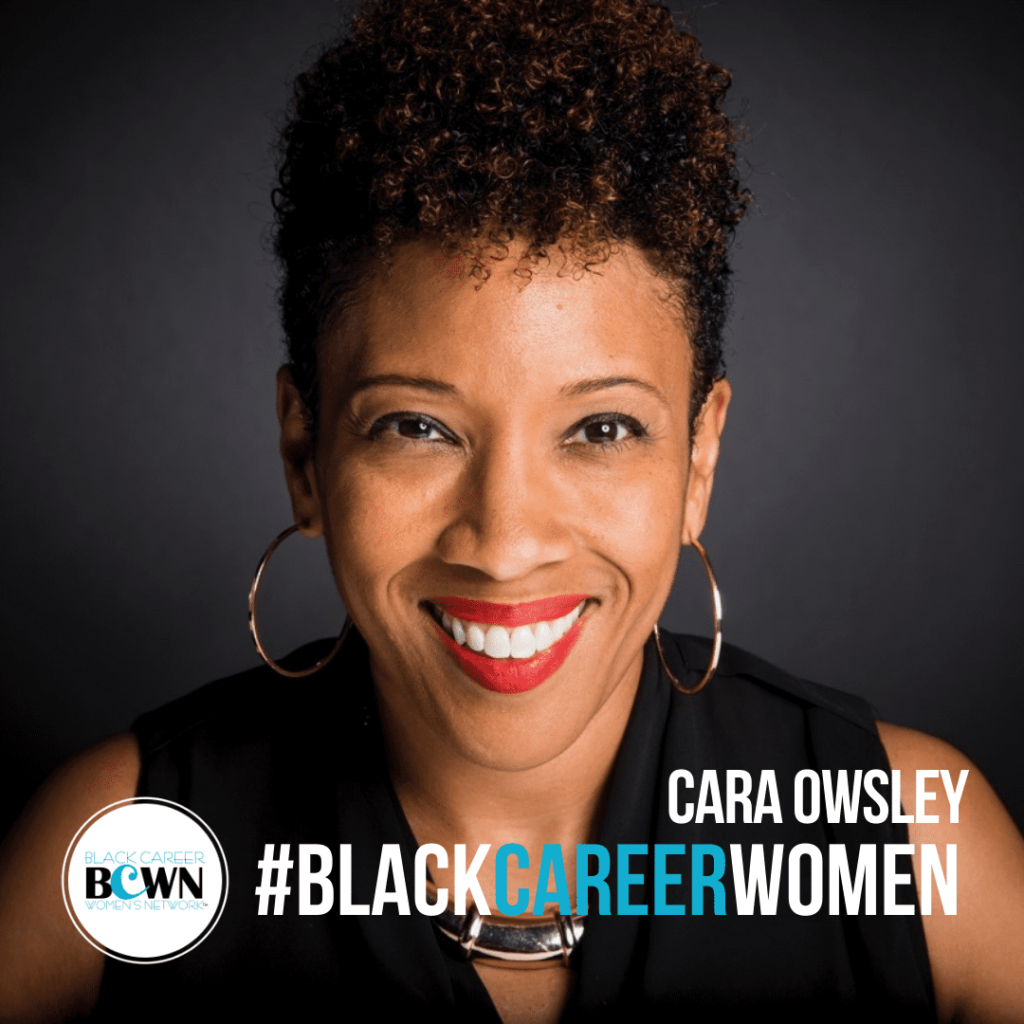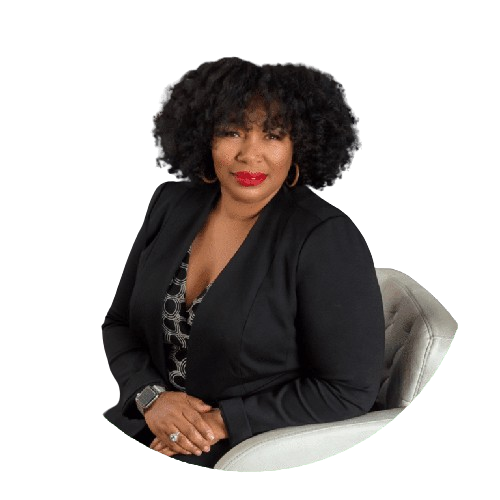How do you make your coins?
Director of Photography, Cincinnati, Ohio
Thankfully, I have had a full-time job with the Cincinnati Enquirer for 16 years in December. Being in the news industry, like most, has its struggles, and to still be employed doing what I love is such a blessing. I have seen a lot of people who have been laid off and or took other careers. I never wanted to do that because I love being a photojournalist.

What strategies or steps have you taken to achieve success in your chosen field?
The first one may sound cliché; I worked extremely hard. I always try to go the extra mile when it comes to working stories in our community. Sometimes that means working nights and changing the typical hours. Since I have been in management, I have taken any kind of training available. Through the USA Today Network, The National Society of Black Journalists, and several other organizations. In addition, I have gone to many conventions, workshops, and conferences to stay current on the new cycle news.
Twenty-five years ago, when I started, there was no social media. I’ve taken leadership training and paid training I have found from other organizations. Often training is offered with my company but is not tailored for minorities. So sometimes I go out and research diverse training, and many of the time, I have received grants or permissions from my job where I didn’t have to pay for anything. So those are some of the things I have done to sustain my career. I also try to stay connected with young people. I often speak at colleges, teach workshops, and panel discussions. Since we are in the virtual world, I have moderated panels, and have been on panel discussions talking about journalism. So, I am staying active in any way I can. It keeps me busy.
What challenge(s) have you experienced in the workplace, and how did you overcome it?
I have a lot of challenges. There have been challenges that we’re not directly with people I worked with but in the community. Racism has been challenging. I was on an assignment years ago in a rural area, and these guys were sitting around talking, and one of the guys said they told me my grandmammy was black and ugly like her and pointed to me. That was the first time I had to deal with it. When Donald Trump was in office, there were several challenges with the media and fake news. Thankfully, no one said anything directly to me. Working during protests had its challenges when the police put out tear gas. It was tough; I was in it. Also, working in the pandemic has been challenging. With many of us out in the field, we didn’t know if we would get Covid. The Newsroom has been a challenge being the only Black woman in leadership is a lonely place. I have experienced the challenge of getting specific stories out and not feeling or being heard. There was a time when I was the only black woman in the Newsroom. Now we have two, but I am the only one in management. I know you must develop thick skin at times. The importance of having a mentor is enormous; I don’t have one in the Newsroom, but I have one that I can talk to who is a black woman, and having her has been essential, and she can relate. In any career, it can be challenging, but then there are times we have some wins. I know being a photojournalist is part of my purpose. Unfortunately, I can’t be a voice for all Black Cincinnati it is no way one person can do that, but I know I have made a difference.
How do you bring your authentic self to work?
It was a process. As a young Black woman, I remember when I first started working in Newsrooms at 21 years old, I was timid but a good photographer. For me, my confidence was in my skills in photography. The way I would dress I thought I had to dress a certain way and wear my hair a certain way as you mature and grow confident; you learn to be yourself. For me, it started when I transitioned to being natural 16 years ago. So, it’s been a process to be my authentic self. I have a lot of support in my family. I came from a line of strong black women who were leaders and trailblazers in my family that helped a lot. My mother was the only black female vice president at the bank she worked at. So going to my family helped; there was no formula. And over the years, I began to embrace my confidence. Now, if I want to rock my natural hair or wear my braids, I do it. But I also realized that’s just who I am. I used to be a little shy and not speak out, but I also learned to do that. Reading spiritual books helped me with my confidence. They have completely changed my life when I speak in front of people and express my opinion, which has helped my confidence. It’s been a process but no formula, just the process of learning and wanting to do better. Being curious about how I get better at expressing myself or speaking well, you need to train for it. So that is where all the training comes to play. I write and journal my thoughts. It’s something about just writing stuff down. It is also biblical saying we should write down our visions. I am a very spiritual person. So, all of that has worked for me about being my authentic self. I think that has so much to do with your confidence or your self-esteem. Maybe I had low self-esteem. I used to be timid in front of authority but never in front of family or friends.
Who has been the most influential person in your career up to now?
It’s not one person; it’s not because I have had so many, but I would say if I had to pinpoint one person. It’s not someone I talk to all the time; Cheryl Diaz Meyer was born in the Philippines. We met at Western Kentucky University. She has worked in the war in Iraq and won the Pulitzer for the work she did there. She doesn’t remember making the call to help me secure an internship, But she recalled that I was the only Black person in the photojournalism program at the time. I have had so many people who helped me. Early in my career, I did not know of other black journalists. I know this is one of the main reasons I am so passionate about supporting another black journalist because I didn’t get active with black journalists until right out of college. So, it’s my mission to help whoever I can.
What advice can you give to black career women who desire to achieve the next level of success in their careers?
Confidence is just something you must have. If you make a mistake, you can’t beat yourself about it. Learn from it. Learn as much as you can it is so much you can learn for free. There is so much you can access for free. So, continue to further your education and do training and workshops. Don’t be afraid to move around. Don’t limit yourself to staying in one place. I am from Louisville, KY, and I have moved around. I don’t think my career would be what it is if I didn’t move around. My career and social life experience are due to my living and going to different states.
What does being a Black Career Woman Mean to YOU?
It makes me feel proud. If I can sum it up in two words, I feel it’s a responsibility that comes with it; it’s not just for yourself but for you to help other people.


